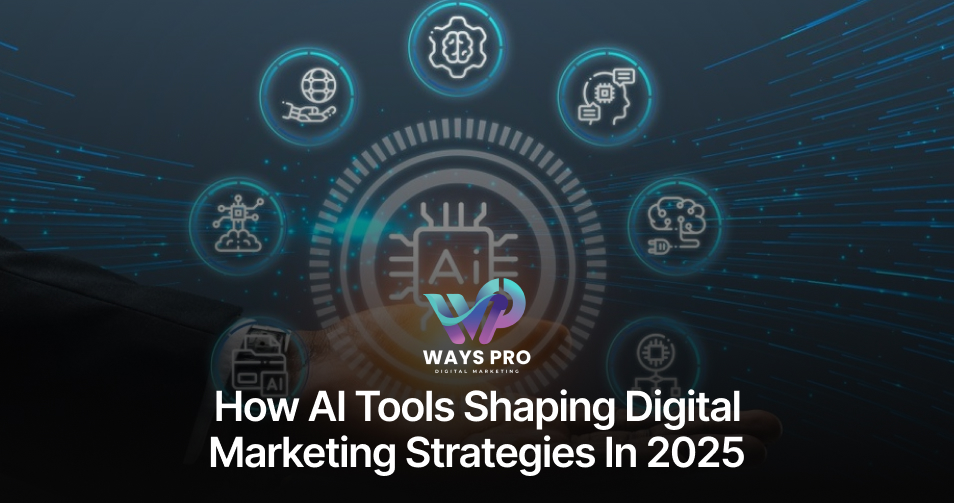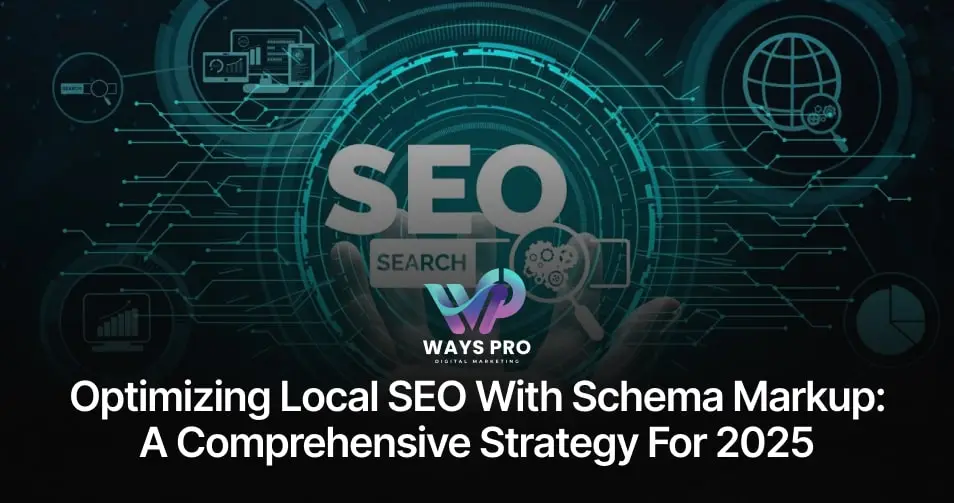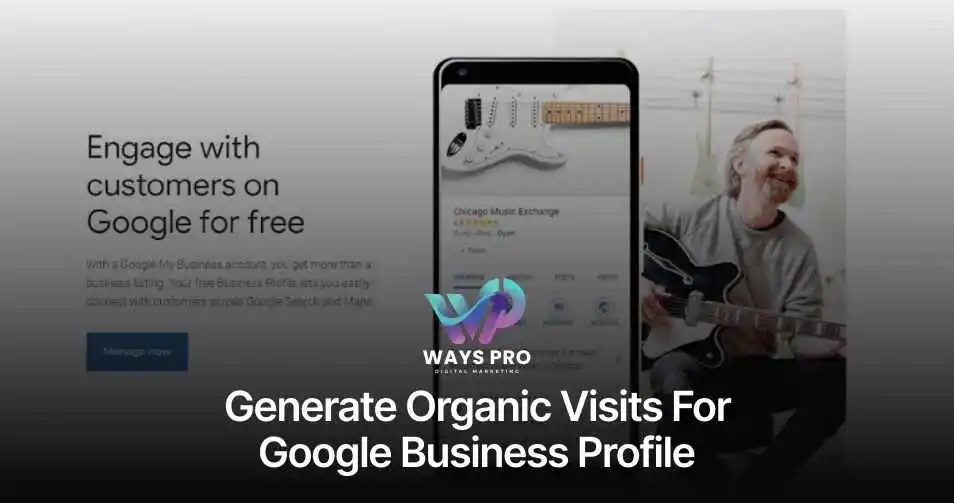What Are the Forthcoming SEO Predictions in 2025? A Comprehensive Guide
As we move closer to 2025, the SEO landscape is evolving faster than ever. Emerging technologies, shifts in user behavior, and updates in search engine algorithms are shaping the future of digital marketing. To stay competitive, businesses and marketers need to anticipate and adapt to these changes. This guide dives deep into the SEO trends and strategies expected to dominate in 2025. Let’s explore!
How Generative AI Works for SEO
Google generative AI Overviews Optimization or AI Overviews SEO” provides strategies for optimizing content to rank higher in AI-generated overviews, such as those produced by Google’s AI systems. It emphasizes the importance of creating high-quality, relevant content that aligns with AI algorithms’ criteria. Key recommendations include:
Google is using 3 elements to make the AI overview.
- Google’s knowledge vault. Number
- Google’s ranking factors. And number
- Google’s Gemini.
Google’s Knowledge Vault
Ranking factors, and Gemini. The Knowledge Vault is a sophisticated project that extracts information about people, places, and things from online content and stores it as entities. Unlike traditional indexing, which saves document copies, the Knowledge Vault comprehends and retains contextual knowledge.
Google’s ranking factors
Google’s ranking factors play a critical role in determining the relevance and quality of content, ensuring that only the most pertinent information surfaces in AI-generated overviews. These factors prioritize engagement, authority, and alignment with user intent.
Google’s Gemini
Lastly, Google’s Gemini enhances the AI overview by integrating advanced generative AI capabilities, making summaries more accurate, detailed, and user-centric.
AI’s Role in SEO
Artificial intelligence (AI) continues to redefine SEO, making search engines smarter and more intuitive. By 2025, AI tools like natural language processing (NLP) and machine learning will play a pivotal role in determining rankings.

AI-driven content optimization tools help identify keywords, analyze competitor strategies, and predict trends. This allows marketers to craft data-driven content that resonates with their target audience. Furthermore, AI-powered chatbots enhance user engagement, directly influencing bounce rates and dwell time—two critical ranking factors. AI also supports predictive analysis, enabling marketers to anticipate user intent and craft content that meets future demands.
Moreover, search engines like Google are leveraging AI to improve query understanding. Features such as BERT and MUM allow for better interpretation of complex search intents, making it essential for content creators to produce contextually relevant and user-focused content. AI’s integration into tools like Google Analytics 4 (GA4) also provides deeper insights into user behavior, empowering businesses to refine their SEO strategies. Ignoring AI’s impact could mean missing out on valuable opportunities in the SERPs.
Adapting to Zero-Click Searches
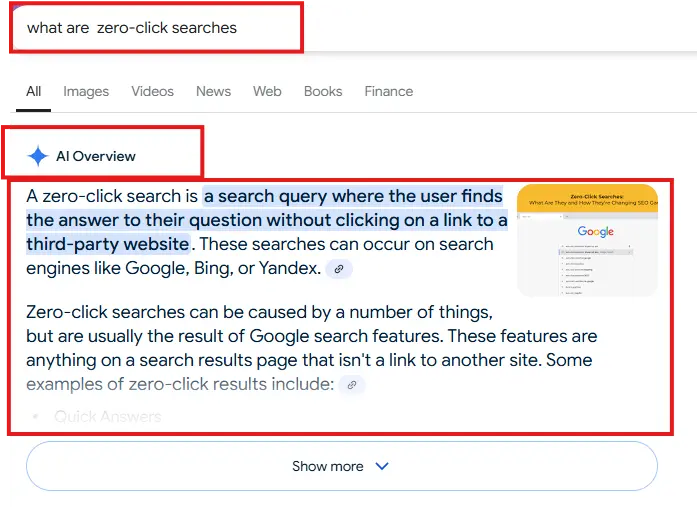
Zero-click searches refer to search queries where the user finds the answer directly on the search engine results page (SERP) without needing to click on any external link. Search engines like Google provide these answers using features such as:
- Featured Snippets: Highlighted boxes at the top of the results page that provide concise answers.
- Knowledge Panels: Information-rich panels about a topic, typically on the right side of the SERP.
- Direct Answers: Quick responses to factual queries, like weather updates or currency conversions.
Maps and Local Results: Business details, directions, or reviews are displayed directly in search results.
These searches reduce click-through rates (CTR) but increase the demand for featured snippets and knowledge panels.
To thrive in this scenario, focus on optimizing content for snippet-worthy formats. Use structured data, concise answers, and question-based headings. Tools like Schema Markup are instrumental in creating content that search engines can easily index for direct display. Additionally, incorporating lists, tables, and bullet points can increase your chances of earning a snippet.
Furthermore, adapting to zero-click searches requires a shift in mindset. It’s no longer just about clicks but visibility. Ensure your brand becomes synonymous with expertise in your niche by delivering quick, reliable answers. Monitor your rankings for snippets and analyze what competitors are doing to capture those coveted positions. Embrace voice search optimizations as they align with zero-click trends, ensuring your content is accessible across multiple devices.
Importance of Video Content

In 2025, video content will be a non-negotiable aspect of SEO. With platforms like YouTube and TikTok gaining immense traction, search engines prioritize video results to meet user preferences.
Incorporate video into your SEO strategy by creating educational, entertaining, or product-focused clips. Optimize titles, descriptions, and tags with relevant keywords. Captions and transcripts also enhance accessibility, improving rankings while catering to broader audiences. Additionally, invest in high-quality thumbnails, as they can significantly increase click-through rates.
Moreover, video fosters deeper engagement. Tutorials, testimonials, and explainer videos not only build trust but also keep users on your site longer—a critical factor for SEO success. Don’t underestimate the power of live streaming, which adds authenticity and boosts real-time interactions. Platforms like Instagram Live and LinkedIn Live are excellent for building community and driving traffic to your website.
User Experience (UX) Enhancements
Google’s Core Web Vitals have already emphasized the importance of user experience (UX), and this trend will gain momentum in 2025. Seamless navigation, fast loading times, and mobile responsiveness are no longer optional.
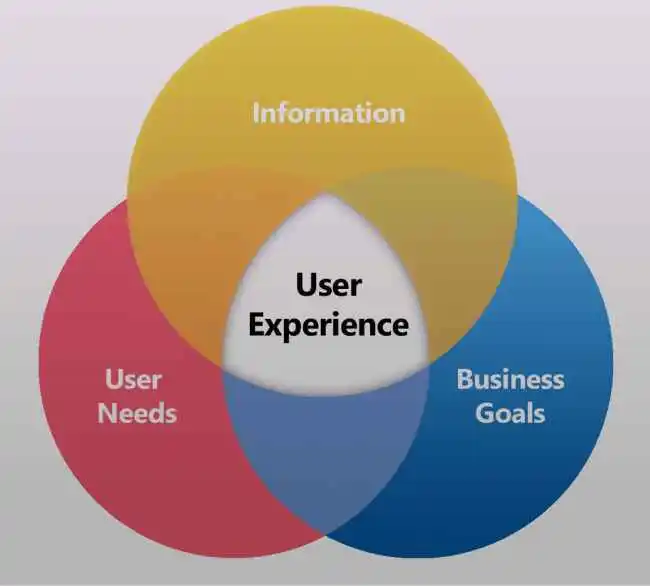
To enhance UX, prioritize site speed. Tools like Google PageSpeed Insights and GTmetrix provide actionable recommendations. Consider adopting Progressive Web Apps (PWAs) for a seamless user experience across devices.
Additionally, focus on intuitive design and accessibility. Ensure your website accommodates all users, including those with disabilities, by following WCAG (Web Content Accessibility Guidelines). Incorporate easy-to-read fonts, clear CTAs, and logical navigation structures. A positive user experience not only satisfies visitors but also signals to search engines that your site is worthy of higher rankings. Combine UX efforts with analytics to continuously refine and improve the user journey.
Increased Traffic Through Communities: Collaboration is Key

SEO is no longer a solitary endeavor. The rise of social communities offers a platform for knowledge sharing, troubleshooting, and innovation. By 2025, leveraging these communities will be a game-changer for driving traffic.
Participate actively in forums, LinkedIn groups, and platforms like Reddit. Sharing insights, asking questions, and collaborating on industry challenges to your business relevant channels can help you stay updated on changes and emerging industry trends. Feedback from your audience and networking with like-minded professionals also fosters a sense of camaraderie and provides new ideas for business growth.
Optimizing E-E-A-T Signals
Expertise, Experience, Authoritativeness, and Trustworthiness (E-E-A-T) are essential for ranking well in 2025. Google continues to emphasize these factors to ensure the credibility of the content it promotes.
To optimize E-E-A-T, create content authored by experts in your field. Showcase credentials, cite reputable sources, and regularly update your content to maintain relevance. Trust is built through transparency—display clear privacy policies, secure your site with HTTPS, and encourage positive reviews. Including author bios and links to authoritative references also signals credibility.

Social proof also plays a role. Active engagement on platforms like Google Business Profile and responding to reviews signal your commitment to providing value to users, enhancing your E-E-A-T score. Moreover, content partnerships with industry leaders can amplify your authority and reputation, further strengthening your position in the SERPs.
Reaching Audiences Everywhere Omni SEO
Omni SEO is the future of search optimization, emphasizing presence across all digital touchpoints. From voice search and image search to social media and local SEO, 2025 will demand a holistic approach.
Voice search optimization is crucial as smart assistants like Alexa and Siri become mainstream. Use conversational keywords and ensure your content answers common questions. Similarly, optimize images with descriptive alt texts, file names, and compressed formats to enhance visibility in image searches. Tools like Google Lens are transforming image-based search opportunities.
Local SEO is equally important. Leverage location-based keywords, Google Maps integration, and customer reviews to dominate local search results. Additionally, utilize structured data for events, products, and services to increase visibility across various platforms. Omni SEO ensures you capture every potential audience segment, maximizing your reach.
Traditional SEO Strategies Remain the Same
While SEO evolves, some strategies remain timeless. Keyword research, quality backlinks, and on-page optimization will continue to be foundational elements in 2025.
Conduct in-depth keyword research using tools like Ahrefs or SEMrush. Focus on long-tail keywords that align with user intent. On-page elements such as meta descriptions, title tags, and header structures should still follow best practices. Ensure your content maintains high readability scores and aligns with search intent.
Backlinks remain a powerful ranking factor. However, prioritize quality over quantity. Build relationships with authoritative websites in your industry to earn valuable, relevant backlinks that boost your credibility. Additionally, interlinking within your site strengthens the internal structure and aids in redistributing link equity effectively.
Conclusion
As 2025 approaches, the SEO landscape promises exciting opportunities and challenges. Staying ahead requires embracing AI, adapting to zero-click searches, and prioritizing user experience. Video content, E-E-A-T optimization, and a commitment to timeless SEO strategies will be your keys to success.
By proactively addressing these trends, you’ll not only secure higher rankings but also establish your brand as a leader in your industry. The future of SEO is dynamic—stay informed, stay adaptable, and watch your online presence thrive.


